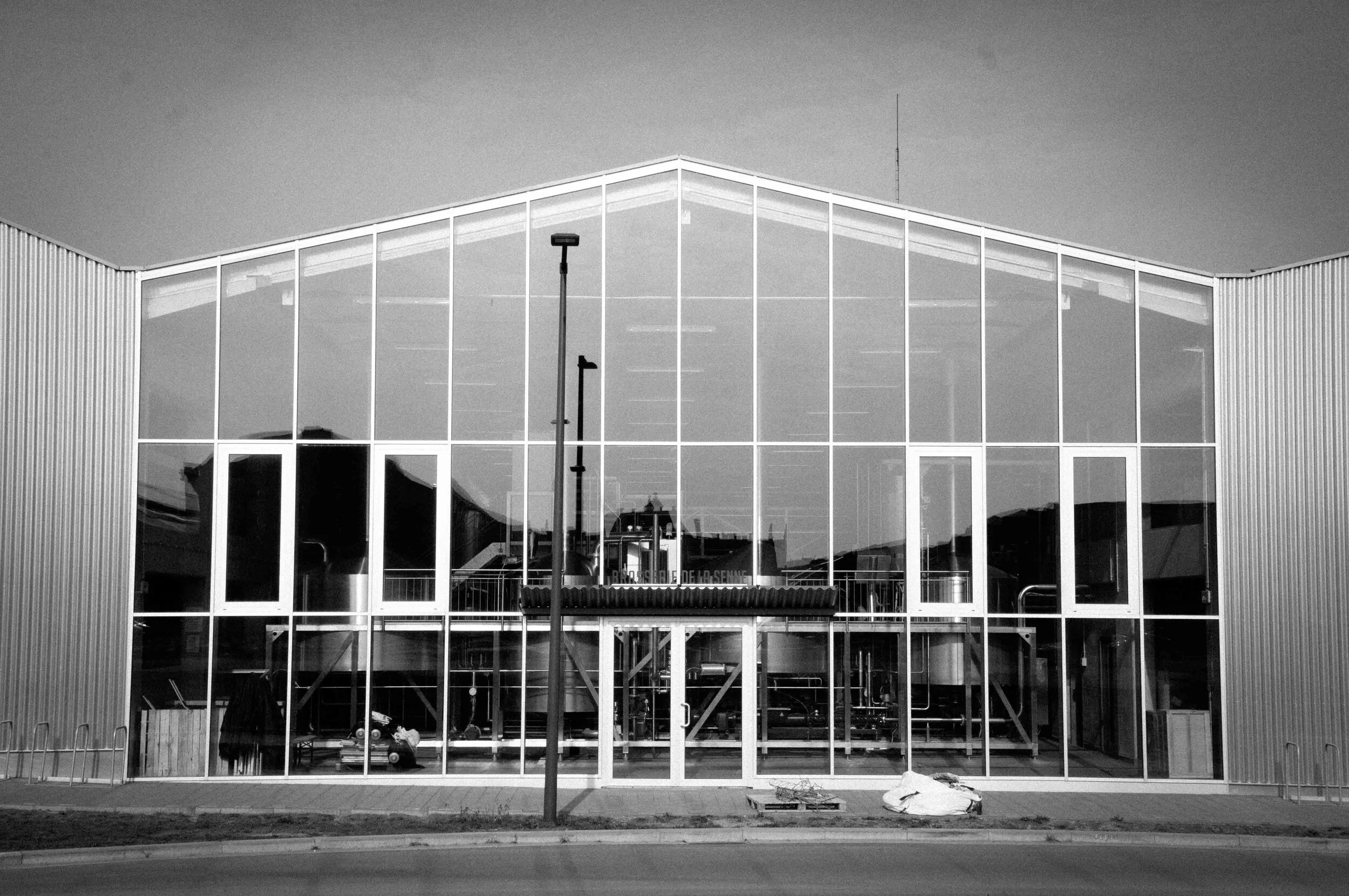Behind the scenes at Emaillerie Belge, Belgium’s last producer of enamel beer adverts.
Read MoreRue Wiertz, in Brussels’ European district, is a nothing street. Bound at both ends by slate-grey security barriers to protect the European Parliament, it is an unremarkable street in an unremarkable part of town. But, underneath the glass and stone towers that line the street, is some remarkable history. This spot, at the confluence of Rue Wiertz, Rue Vautier, and Parc Leopold, is where brewing in Brussels died. More specifically, it is where Brasserie Leopold – the last commercial brewery operating in Brussels city soil – shut its doors in June 1981.
Read MoreAs the days grow darker and the nights colder, winter is the time of year to huddle close in a pub with a warming drink. Winter in Brussels is no exception. But, instead of a mulled wine or a hot toddy, in Brussels people celebrated the end of one year and the coming of he next with a “Kalibabou” – a hot cocktail of lambic, rum, sugar and eggs. Or, at least they used to.
Read MoreI settle into my seat with a draught glass of Redor Pils from Brasserie Dupont, contemplating my lot, and the lot of pils in Brussels. This is a beer style (or at least a family of beers made using bottom-fermenting yeasts at low temperatures) that defined brewing in this city for half a century, but has since vanished along with the breweries that made it so dominant. As brewing undergoes a revival in the city, it is time for the new generation of Brussels breweries to do justice to the city’s beer history.
Read MoreThe Session #129 – Beer Blogging Friday – for November 2017. And the theme of this month is "Missing Local Beer Styles". Essentially: what beer style would you like to see being brewed in your local market that is not yet being brewed? Simple enough question.
Read MoreBrussels has not been kind to its architectural heritage. The process of “Brusselization” describes the “indiscriminate and careless introduction of modern high-rise buildings into gentrified neighbourhoods” that characterised post-war urban planning in Brussels and was responsible for the callous destruction of historically important buildings, whole neighbourhoods, and local communities. Brussels’ breweries and their architectural legacy were not immune. The Grandes Brasseries Atlas is an exception.
Read More














